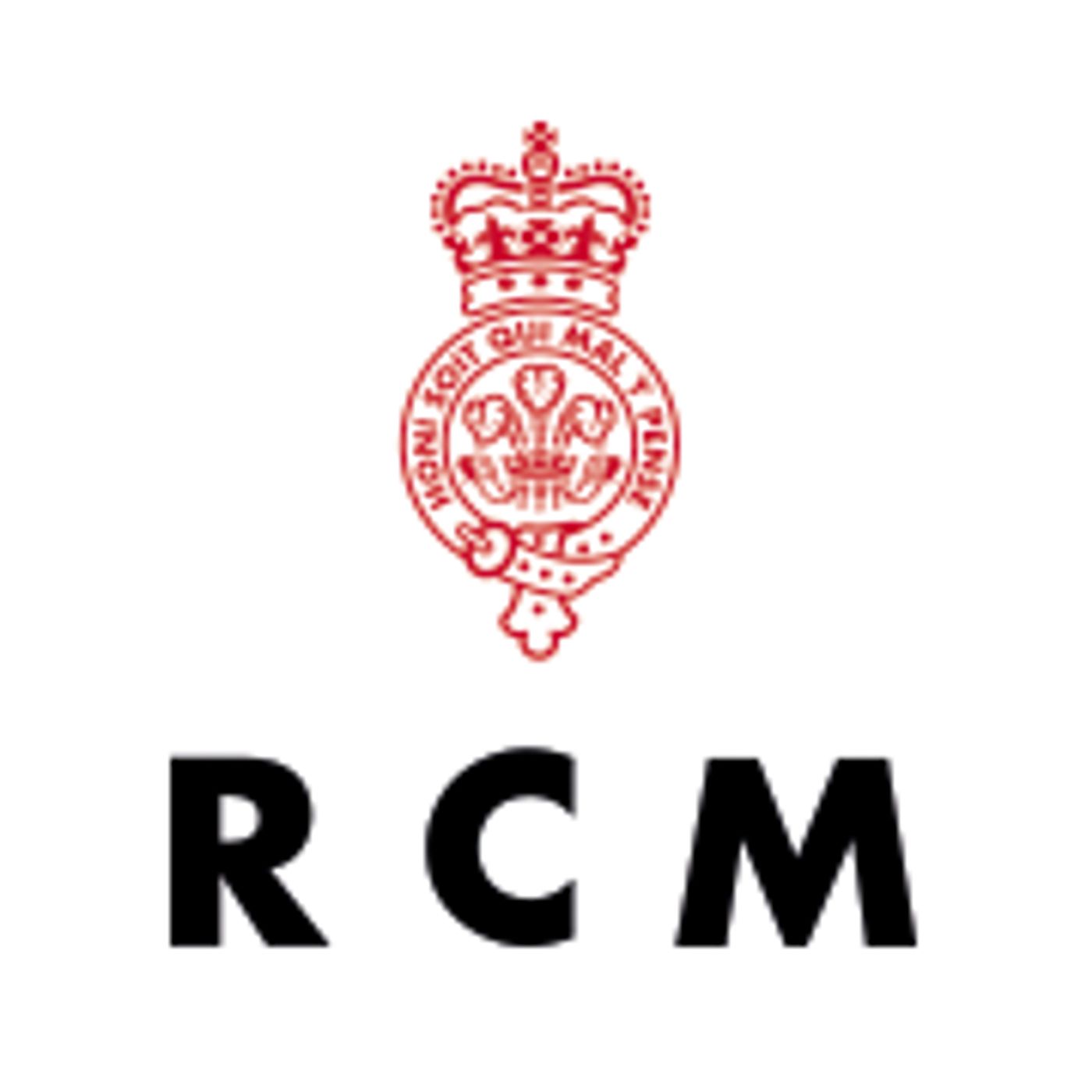The Royal College of Music to Open Performance Laboratory This Month
This pioneering technology combines state-of-the-art acoustic simulation with visual graphics engines, providing unrivaled training opportunities for RCM students.
 The Royal College of Music (RCM) opens a groundbreaking Performance Laboratory this month. The facility pushes pioneering technology further than ever before, combining state-of-the-art acoustic simulation technology with the visual graphics engines that drive the latest video games, to create two fully immersive and unrivalled performance simulation facilities to aid the training of RCM students.
The Royal College of Music (RCM) opens a groundbreaking Performance Laboratory this month. The facility pushes pioneering technology further than ever before, combining state-of-the-art acoustic simulation technology with the visual graphics engines that drive the latest video games, to create two fully immersive and unrivalled performance simulation facilities to aid the training of RCM students.
The RCM's Performance Studio has been transformed into an immersive, multifaceted laboratory, with full wall-height sized screens and a state-of-the-art Meyer Sound Constellation system incorporating dozens of speakers installed into the walls and ceiling. The pioneering Meyer Sound technology gives users the ability to transform the acoustic to emulate other performance spaces or create entirely new acoustics. This is paired with immersive visualisations of performance spaces, driven by Unreal Engine software and including models of the RCM's own exemplary concert hall and theatre, which provide realistic and reactive audiences or audition panels.
The combination of these technologies provides an unparalleled opportunity to simulate real and heightened performance experiences under pressure. By changing the receptiveness of the audience, triggering the many disruptions that can occur during a performance, adjusting the lighting and audience size, or setting up an intimidating audition or competition panel, performers and other users can hone their craft experimenting with performance under different conditions.
Aaron Williamon, Head of the RCM's Centre for Performance Science, commented: ‘We're thrilled to open this world-leading Performance Laboratory at the Royal College of Music, a groundbreaking tool for the pioneering performance research at the College. Unequalled in its immersive capabilities through the unique combination of cutting-edge technologies, the spaces will create unparalleled opportunities for our students to prepare for the challenges of a modern music industry as well as propelling research in this field across multiple disciplines.'
Similar technology has been installed in a second studio in the RCM's historic Blomfield building, upgrading the College's original, revolutionary Performance Simulator, and will be available to RCM students on a day-to-day basis. As well as the RCM's prestigious MSc in Performance Science, modules in the subject are integrated in student programmes across all levels. Technologies that can track performers' physiology and movements will also be used in both spaces to spearhead new research into the act of performance in real-world settings.
George Waddell, RCM Performance Research and Innovation Fellow, commented: ‘Since its introduction in 2011, we've used the original RCM Performance Simulator to help thousands of RCM students and professionals from organisations such as the Imperial College Business School, Football Association, and Google hone their skills of live performance under pressure. The new Performance Laboratory will be transformational in the range and realism of situations for which we can help performers adapt and prepare.'
Funded by a £1.9 million grant from the Arts and Humanities Research Council (AHRC) and World Class Laboratories Fund (WCL), the major investment reflects the Royal College of Music's position as a world-leader in performance science and its mission to serve the UK's creative and cultural economy. The new facilities have been designed and created by the RCM's Centre for Performance Science and Digital teams and builds on over a decade of performance research already undertaken by the RCM.
Richard Bland, Head of RCM Digital & Production, said: ‘Bringing together this collection of technologies is an indicator of how committed the College is in supporting the next generation of musicians. Not just embracing, but actively advancing digital technologies for research, learning and performance. The Constellation system alone is thrilling as it is the UK's first publicly accessible performance space treated this way. The opportunities to use multiple technologies in a venue hosting so many concerts during the year puts the College at the forefront as a digital innovator.'
Continuing current partnerships and fostering new ones, the RCM will use the Performance Laboratory to advance performance research across not only the arts, but also business, sport, medicine, and education. Since 2014 the College has offered performance coaching through the Imperial College Business School, and its distinctive ‘Thriving in Radical Uncertainty' training for the United Nations Development Programme is being expanded to form a new partnership making full use of the new laboratory.
About the Royal College of Music
Founded in 1882, the Royal College of Music (RCM) is a world leading music conservatoire with a prestigious history and contemporary outlook. More than 900 undergraduate and postgraduate students come from over 50 countries and are taught in a dynamic environment, leaving the RCM to become the outstanding performers, conductors, and composers of the future. In 2023 and 2022, the RCM was ranked as the global no 1 institution for performing arts in the prestigious QS World University Rankings by Subject.
The Royal College of Music has trained some of the most important figures in British and international music including composers and performers such as Gustav Holst, Ralph Vaughan Williams, Benjamin Britten, Michael Tippett, Samuel Coleridge-Taylor, Leopold Stokowski, Sir Hubert Parry, Sir Colin Davis, Sir Neville Marriner, Dame Joan Sutherland, Sir Thomas Allen, Dame Sarah Connolly, Tarik O'Regan, Lord Lloyd Webber, Sir James Galway, Anna Meredith MBE, Louise Alder and Mark-Anthony Turnage.
Regular visitors to the RCM include Sir Thomas Allen, Vladimir Ashkenazy, Alina Ibragimova and Lang Lang. Our recent honorary doctorates include Sir Antonio Pappano, Jonas Kaufmann, Dame Kiri Te Kanawa, Sir Roger Norrington, Sir Bryn Terfel, Steve Reich and Maxim Vengerov (Polonsky Visiting Professor of Violin).
Photo credit: Phil Rowley
Videos

